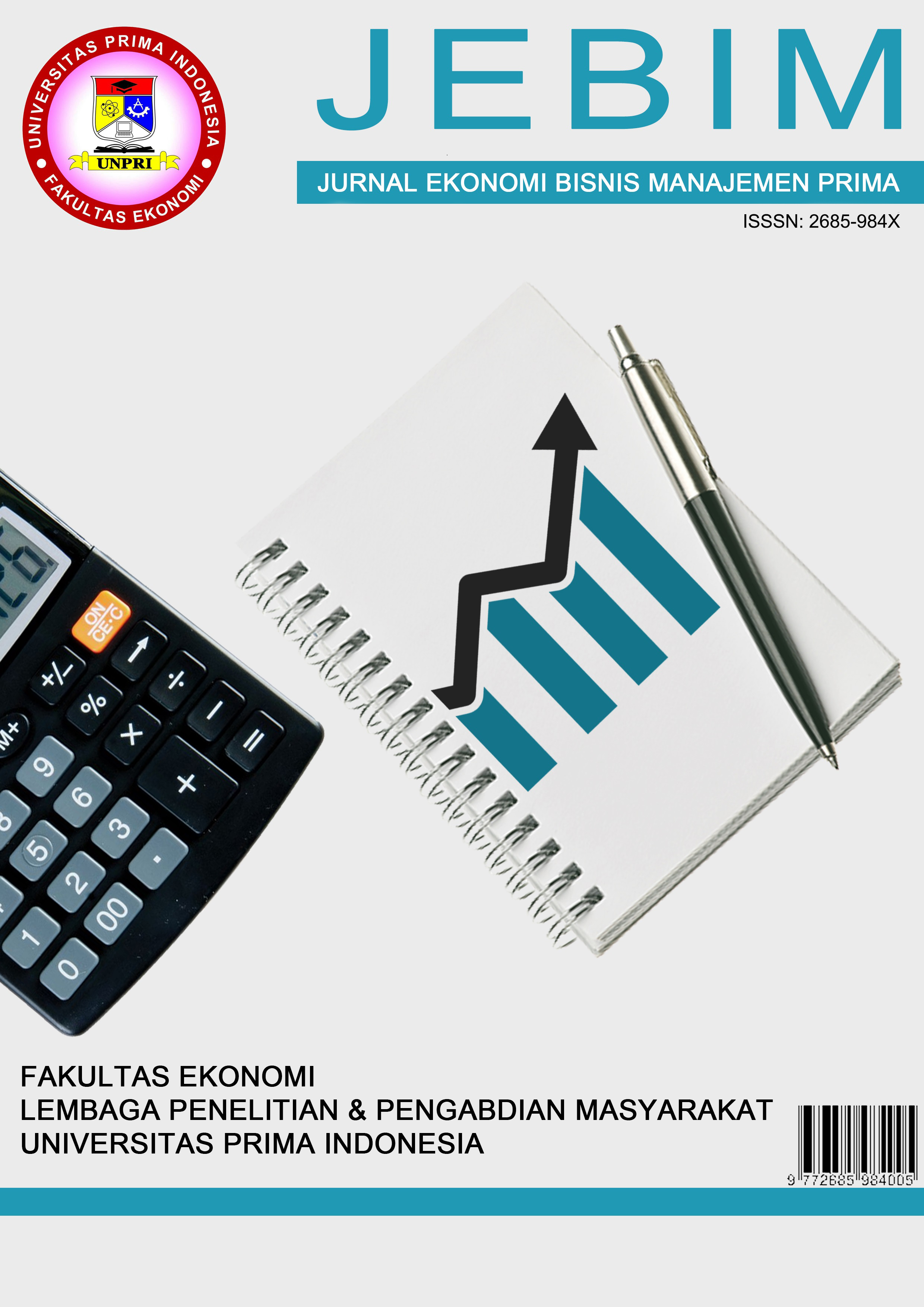ANALISIS PELAKSANAAN PROGRAM KELUARGA HARAPAN DI DESA MANDALAMUKTI KABUPATEN BANDUNG BARAT
Main Article Content
Abstract
The authors conducted this research using a qualitative approach based on the background and issues discussed. The aim of this research is to broaden our understanding of the phenomena faced by the research subjects. This type of qualitative descriptive research is used in this study to reveal facts, symptoms, or incidents about the service effort given by a Hope Family Program officer to a recipient of aid in Mandalamukti Village, West Bandung Prefecture. The Hope Family Program (PKH) is a social protection policy created by the government to reduce poverty in Indonesia. It gives basic rights to people through the implementation of social protection centralized in the household. PKH started in Cikalong Wetan district in 2012. Initially, there were 2,138 Beneficiary Families (KPM) in 13 villages. Currently there are 617 KPM in Cikalong Wetan, indicating that the number of KPMs has decreased for some reason. Field research shows that DTKS uses data to target government aid recipients, but there are people who are jealous of feeling worthy of help. Contrary to the information obtained from interviews with the escort of the PKH, escort of PKH Village Mandalamukti stated that the circle corresponds to the results of DTKS data.

